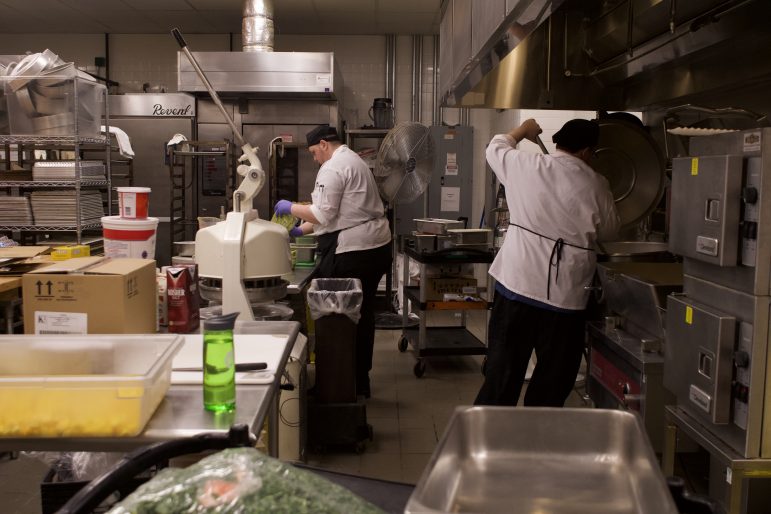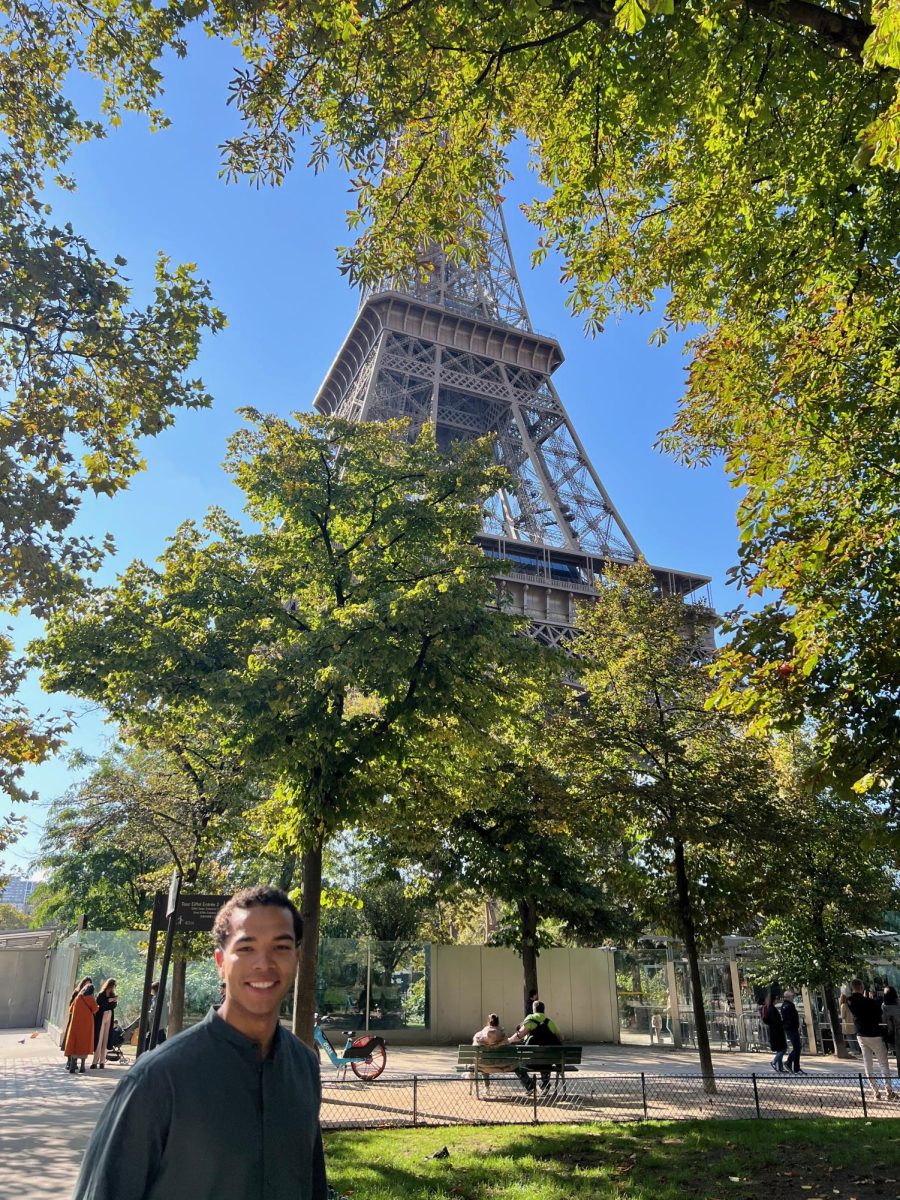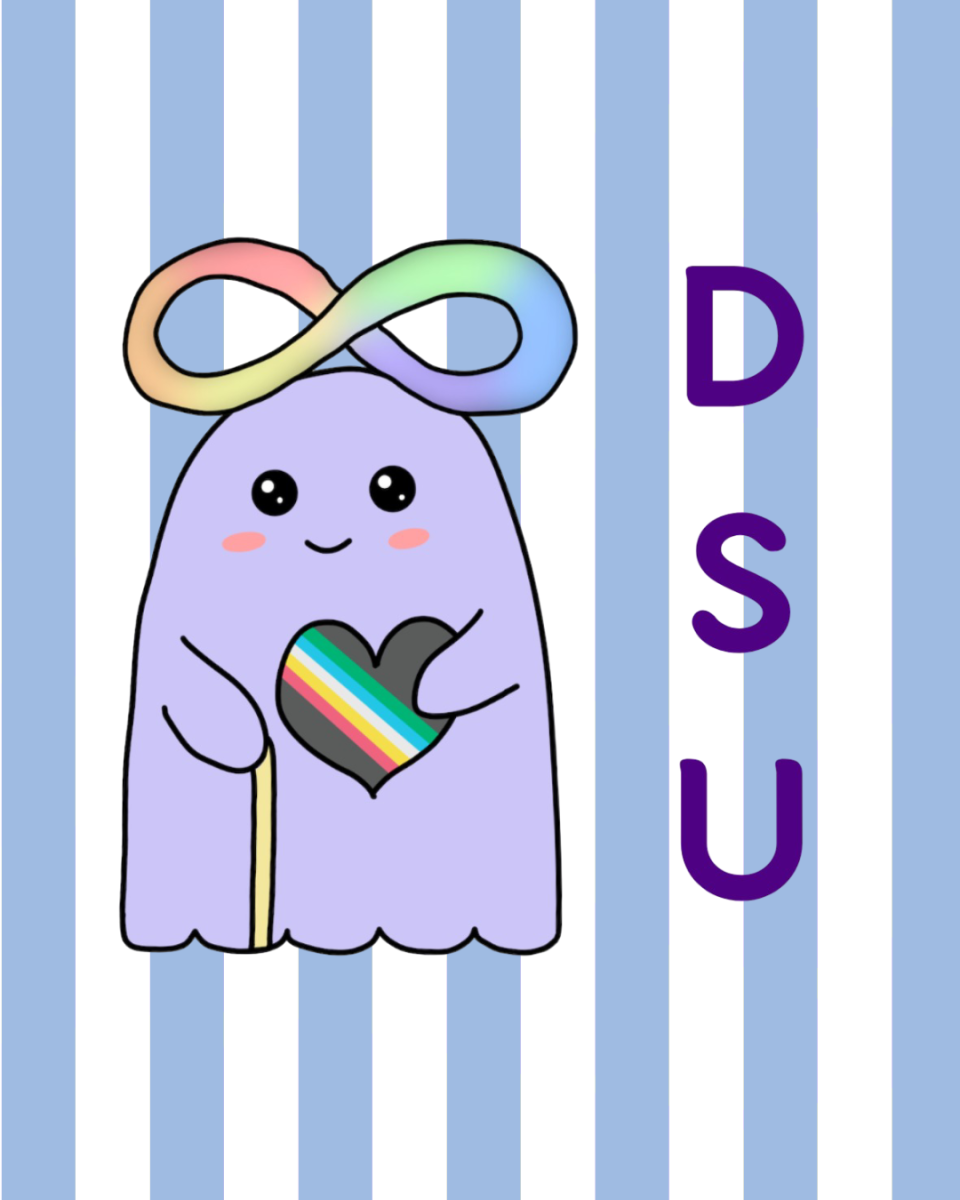
At 3 a.m. every day in Paresky basement, Michael Menard and the rest of the Paresky bake shop staff are already beginning work on a gargantuan task. On an average day, they make baked goods for all three meals at all three dining halls on campus. If a campus event requires catering, such as a Lyceum Dinner or a special Faculty House meal, the bake shop provides food for that as well.
This undertaking relies on only three people: Menard and two other bake shop employees, Richard Noyes and Robert Vachereau. While the small size of the group can make providing so much food difficult, it also creates a simplicity that makes for a productive and enjoyable environment, Menard said. The bake shop is separate from all other cooking and food preparation facilities on campus. The three bake shop employees have been working together for almost 10 years. At this point, the bake shop is a well-oiled machine. “We don’t even have to say to each other what we need each other to do,” Menard says. “We’re at that point where nothing needs to be communicated verbally.”
The small size of the bake shop also means that Menard has a great deal of control over what goes on. He chooses with almost complete freedom what baked goods to make each day. His first priority in selecting what to make is creating something students will enjoy, though there is also an element of pragmatic decision-making to the task of baked-good selection. “I’m thinking of something I can start and finish in about two hours,” Menard said. “Because then if I’ve got three different things, that’s six hours right there, plus whatever catering and other things are coming up.” This time crunch means that Menard cannot always make the foods he would most like to, but he’s learned how to maximize efficiency. “I’m not interested in what’s the fastest thing I can make,” he said. Rather, he asks himself one simple question when deciding whether to bake something: “How difficult can I make it in two hours?”
Baking, though, means much more to Menard than simply a job that needs to be finished every day. It is something that genuinely excites him and something he has devoted his life to. After growing up in Springfield, Mass., Menard moved to New York City in his early 20s to pursue baking. There, he attended the French Culinary Institute and went on to work at Sylvia Weinstock Cakes and Levain Bakery.
Menard spent 16 years honing his skills and exploring his passion for baking in New York. Nine years ago, he began his current job in the College’s bake shop, which is quite different from the small bakeries he worked at in New York. “[Levain Bakery] was a neighborhood bakery” he said. “[I] knew everyone at the time they [came] down the steps. It was nice having that kind of intimate community feeling.”
But what Menard’s current job lacks in familiarity with customers, it makes up for in the opportunity to work with students. Menard has worked with many students in his time at the College, including six this semester. “They’re wonderful to get to know, and they’re also super helpful,” he said. In particular, he enjoys the variety of baking experience that students arrive with. “People have come to work at the bake shop with absolutely zero baking experience, and then some of them have more than I ever would have guessed,” he said. And for some, the time spent in the bake shop ends up being far more than just a fun campus job; Menard has worked with students who later went on to pursue culinary careers.
As he talked about the role of students in the bake shop, Menard took out his phone and showed me pictures of a Harry–Potter-themed cake he had made with a student. He then excitedly recalled baking cakes shaped like Yoda from Star Wars.
When asked about the experience of working with the team every day, Menard chuckled and started smiling. “Everyone can get on each other’s nerves once in a while,” he said. “I’m sure I get on [my coworkers’] nerves all the time. But generally speaking, it’s good. It’s fun when you’re firing on all cylinders and you’re getting things done.”








